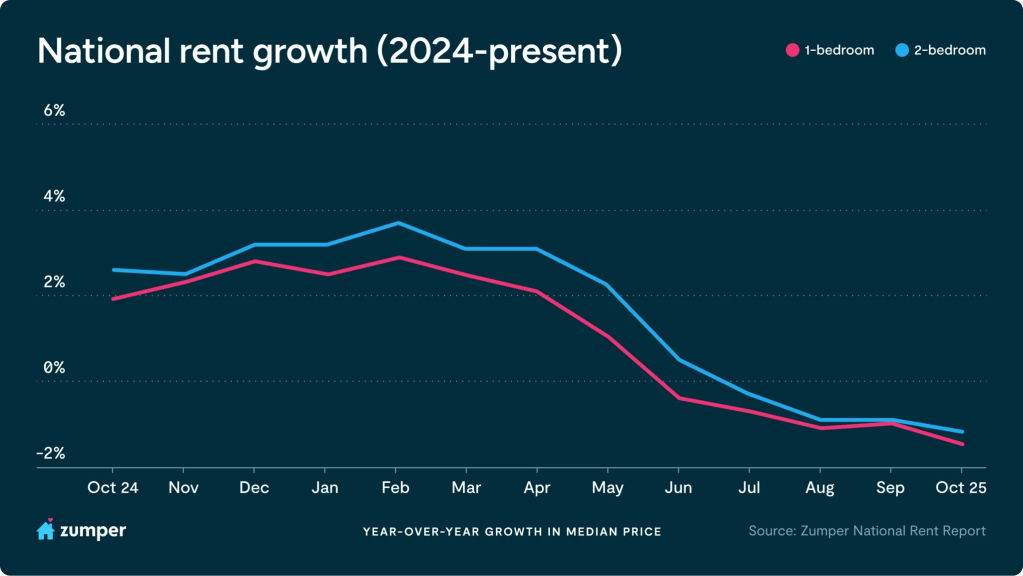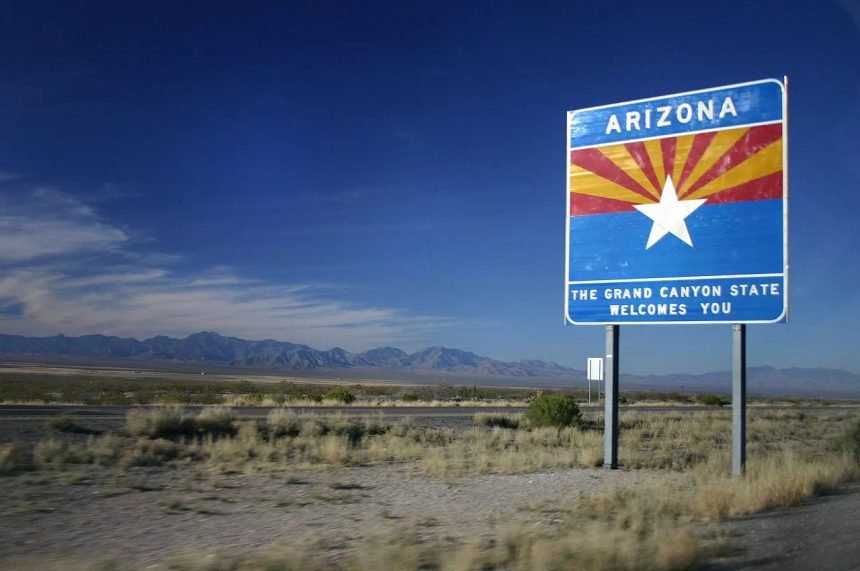Wing-Chi Poon/Wikimedia Commons/CC BY-SA 2.5
Perhaps the pimp is in the crib, because the average rent in Phoenix is dropping like it’s hot, according to a new study from an online listing website.
On Oct. 28, Zumper released a “national rent report” that tracked prices across 100 of the largest cities across the country. The general trend across the nation is that rent is going down, but Phoenix was among the places where it dropped most precipitously. In fact, several cities across the Valley have seen major rental shrinkage in the past year.
In Phoenix, the average rent for a one-bedroom unit was down 5.4% compared to the same time last year, with the average listing coming in at $1,220. Among the cities on the list, that figure placed Phoenix as the 59th-most expensive market.
Scottsdale and Gilbert — with average rents of $1,760 and $1,560, respectively — are more expensive rental markets than Phoenix. Interestingly, rent has actually increased by 3.5% in Scottsdale since last year, according to Zumper’s data, while Gilbert saw a modest drop of 1.9% during that same time period.
But in two other Valley cities, the rent drop was even bigger than in Phoenix. The average rent in Glendale dropped by a whopping 11.6% — the 10th most of the 100 cities in the study — while in Mesa it is down by 7.7% compared to last October. Both of these cities are far more working-class than the cities where rent increased or barely dropped, suggesting that the decreasing purchasing power of more modest folks is driving rent to drop in certain areas.

Nationally, the study showed that rent decreased or remained steady for the fourth straight month, with one- and two-bedroom units decreasing by 0.4 and 0.3%, respectively. Over the last year, both are down 1.5% and 1.2%.
In the report, Zumper CEO Anthemos Georgiades said the winter months usually provide more clarity on the trends.
“With the rental market now entering the seasonally slower months, a clearer picture of the sector’s trajectory may not emerge until the spring leasing season begins,” Georgiades said. “Until then, the interplay between abundant supply, cautious consumer behavior, and economic uncertainty will continue to define market conditions.”
Analysts at Relocity, a firm that helps companies manage location moves, echoed the sentiment, calling the rental drop in Phoenix a “modest softening” after years of increases or steady prices.
“That shift is being driven by rising supply (a surge in multifamily development across the Phoenix metro) and cooling demand, as renters gain more leverage and landlords increasingly offer concessions to fill vacancies,” the company noted earlier this month.
Relocity tracked the median rent — which is a different metric than the average rent — across all unit types in Phoenix at about $1,740 a month.











